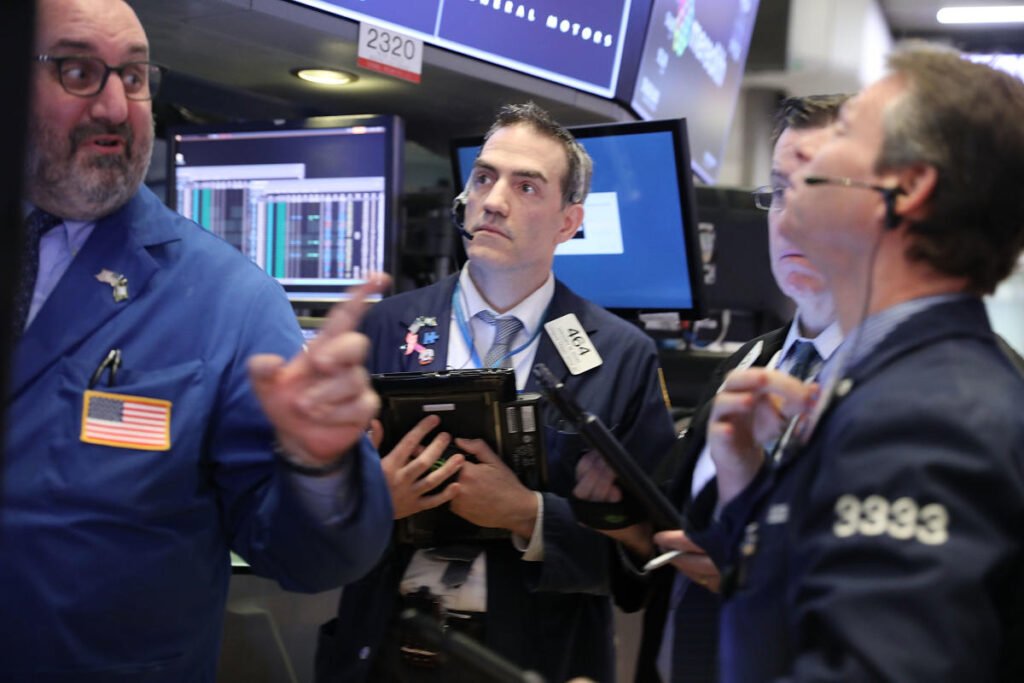If Tesla (TSLA) can be a tech company when auto sales are sluggish, it can surely be a car company when sales beat expectations. Wall Street sees Tesla bulls gaining the upper hand again.
Tesla shares surged more than 25% last week, boosted by better-than-expected vehicle deliveries, outperforming the more modest gains of the rest of the “Magnificent Seven” companies.
When CEO Elon Musk declared earlier this year that Tesla wasn’t a car company, a message that sent shares plummeting amid sagging sales. It was a conveniently phrased claim, but it was true enough. And it seems the mandate works both ways.
The stock surge speaks to the power of promoting an industry-leading product (a lesson for AI startups) and the benefits of making your AI ambitions part of a broader business plan rather than the only aspect of it, but it also highlights how Tesla’s lofty AI goals are still inextricably tied to car sales.
Combining grand tech ambitions with getting cars off the shelves has been key to Musk’s prowess as a salesman.
New, upbeat vehicle delivery data is offsetting the wave of negative sentiment.
Pressured by increased competition from China, weak domestic demand, price cuts, layoffs and Mr. Musk’s legal and corporate troubles, Tesla has struggled as a trailing member of the Magnificent Seven. But recent wins can erase earlier losses, and Tesla is riding a string of victories with earnings reports and the highly anticipated unveiling of its robotaxis on the horizon.
In some ways, Tesla’s flexible identity — a car company in good times and a tech company in bad times — could get in the way of a clear corporate strategy: Is Tesla still aiming to be a mass-market EV to line driveways, or is it a platform for building a fleet of self-driving taxis that push the frontiers of AI technology?
Of course, it can be both. And Musk tends to want it to be both. Investors don’t seem to care what metaphorical hat a company is wearing on any given day. Just make sure the numbers go up. AI can do that. And so far, so can cars.

